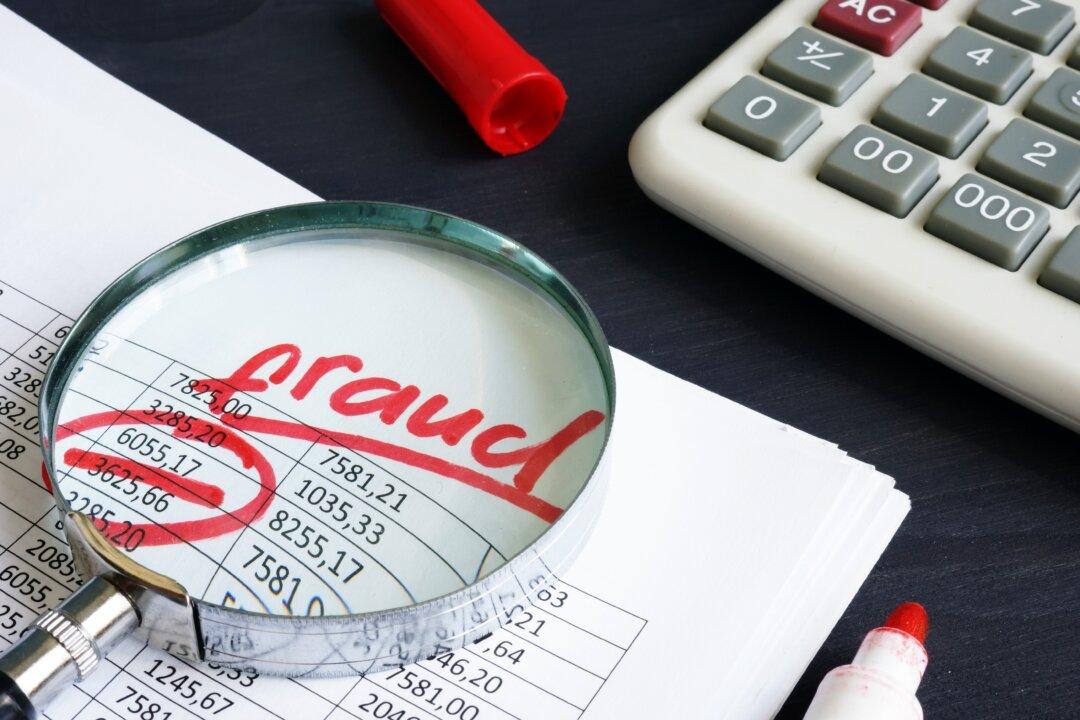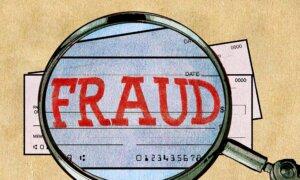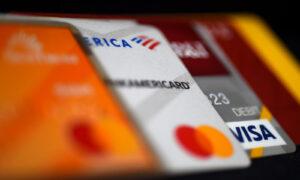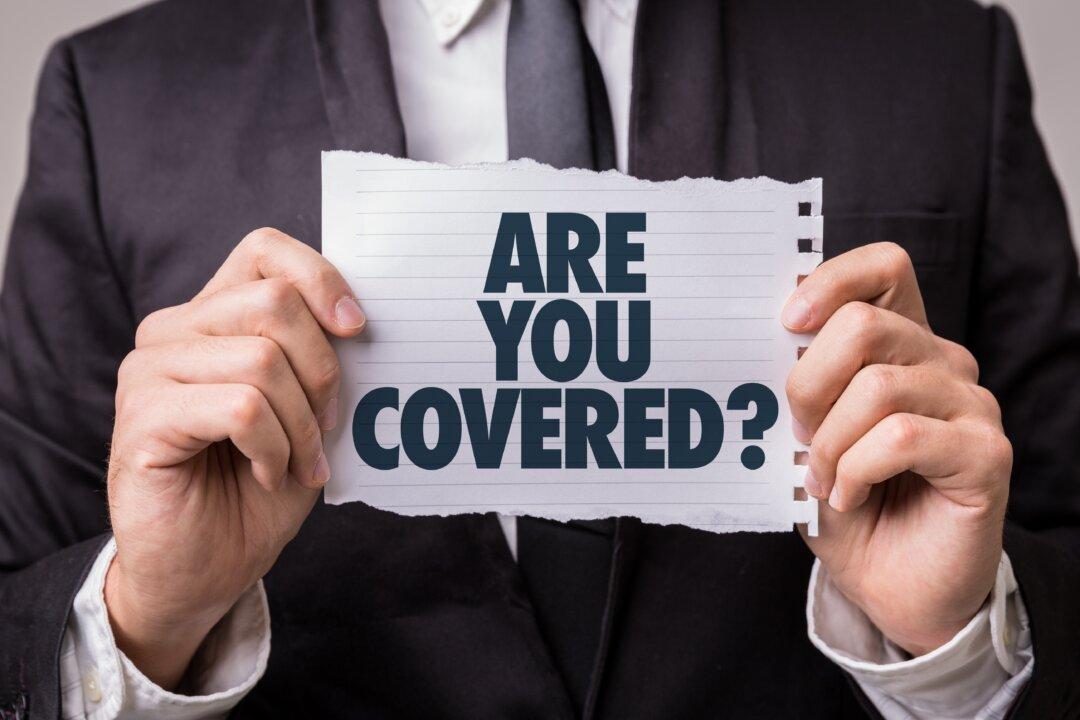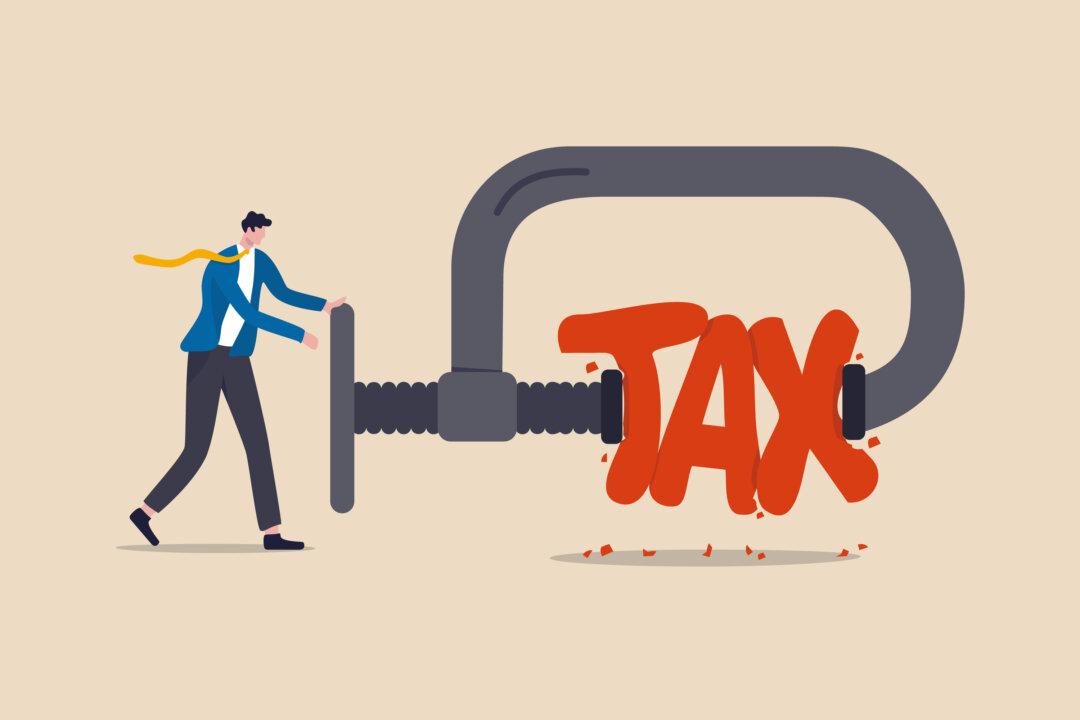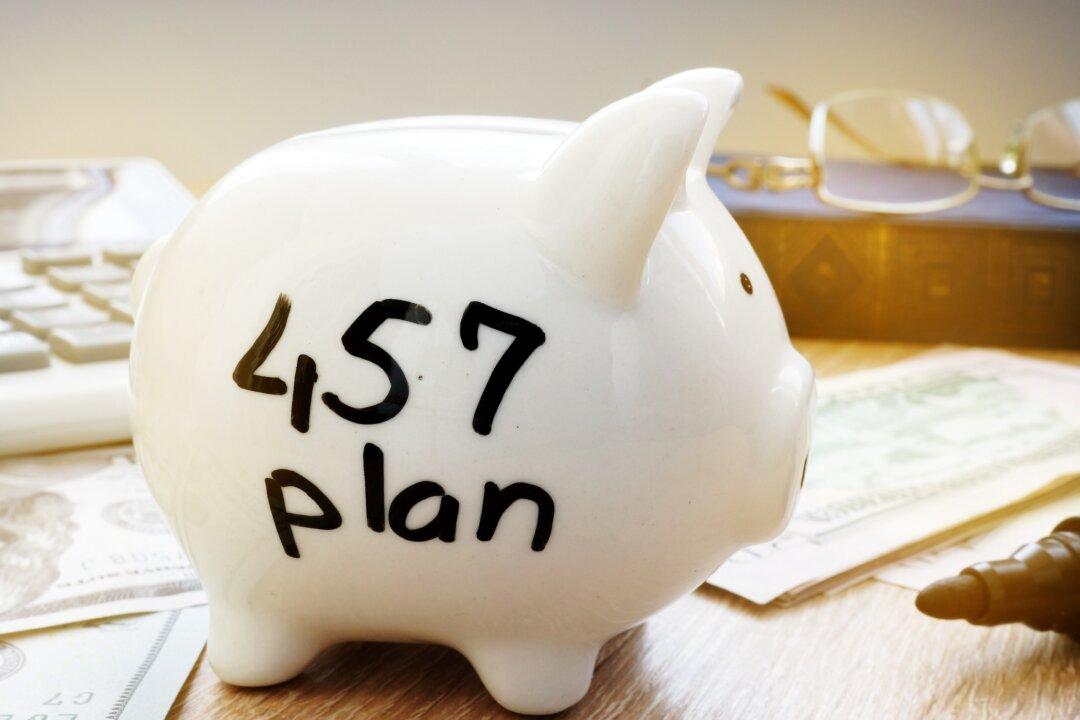In 2023, nearly 700,000 cases of possible check fraud were reported, which, according to the U.S. Treasury Department, equaled billions of dollars in losses.
How Check Fraud Works
Thieves go through mailboxes and steal checks. They can be any type of check like:- personal checks
- business checks
- government program checks (like Social Security)
Thieves use several ways to steal your money. For example, they wash the check with chemicals to erase the amount and payee, but keep the original signature.
Community Banks vs. Big Banks in Check Fraud
Check fraud is hurting community banks, which are asking the Office of the Comptroller of the Currency (OCC) to crack down on large banks. These large banks have failed to comply with rules meant to keep criminals from opening bank accounts.- Wells Fargo
- Bank of America
- JP Morgan Chase
The small banks end up re-paying customers who had stolen checks. But according to the Uniform Commercial Code (UCC) rules, the larger banks are supposed to reimburse the small banks. But this can sometimes take months.
The UCC governs how checks are to be processed, presented, and cleared.
According to David G. Schroeder, senior vice president at the Community Bankers Association of Illinois, the problem is the large banks’ allowing fraudulent accounts to be opened. Criminals open accounts with mobile devices or online, depositing fraudulent checks into them.
“Checks that clear back to community banks are funding thriving criminal enterprises,” said Mr. Schroeder.
Timing Is Critical to Criminals
Timing a withdrawal is everything for a criminal. These fraudsters withdraw funds after they appear in their accounts, but they must do it before the withdrawal bounces or gets flagged as fraudulent.To do this, they use person-to-person payment apps like Venmo. They can move thousands of dollars in seconds.
They often shift money from the checks to another external account, such as a bank account or cryptocurrency wallet (which is difficult to recover).
ATM cash withdrawals are another way to siphon money from these fraudulent accounts.
US Post Office Not Policing
Besides the large banks failing to practice minimum due diligence, the U.S. Postal Service has also failed when it comes to check fraud.Frank Albergo, president of the Postal Police Officers Association, blames increased check fraud on drastic cuts in the number of postal police officers. Mr. Albergo also claimed the U.S. Postal Inspection Service, the law enforcement arm of the post office, shifted its strategy.
How Check Fraud Effects Consumers
Check fraud doesn’t stop with cashing your washed check. Criminals leverage stolen information in many ways.- account takeover
- credit card fraud
- money laundering
Small Businesses as Victims
In 2022, 63 percent of businesses were victims of check fraud. Small businesses were the most frequently targeted. This is because they have fewer resources for protecting themselves.Prevent Check Fraud
If you’re a victim of check fraud, you can file a claim with your bank. However, this process could be long and cause significant stress to your personal finances.You can take some steps to ensure your checks aren’t stolen.
Take the time to deposit checks at the post office or near collection times outside the post office.
You’ll also want to use pens that have permanent ink. This will deter your check being washed. Always monitor your balances to discover if there’s an anomaly. The report it immediately.
“Informed Deliver” is a free option from the U.S. Postal Service. This service sends you a picture of your mail before delivery. You’ll be able to determine if anything is missing after it arrives.
Vigilance Will Help With Check Fraud
Pay attention to the who and where your checks go. Remember they can be stolen at any time so avoid using them.These criminals hurt the small community bank and ultimately the consumer.

